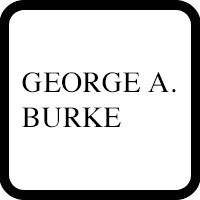 Mililani Juvenile Law Lawyers, Hawaii
Mililani Juvenile Law Lawyers, Hawaii
Not enough matches for Mililani Juvenile Law lawyer.
Below are all Mililani Criminal lawyers.
Sponsored Lawyers
1-1 of 1 matches
841 Bishop St
Honolulu, HI 96813
Accident & Injury, Criminal
George Allen Burke is a practicing lawyer in the state of Hawaii handling personal injury matters.
(more)




